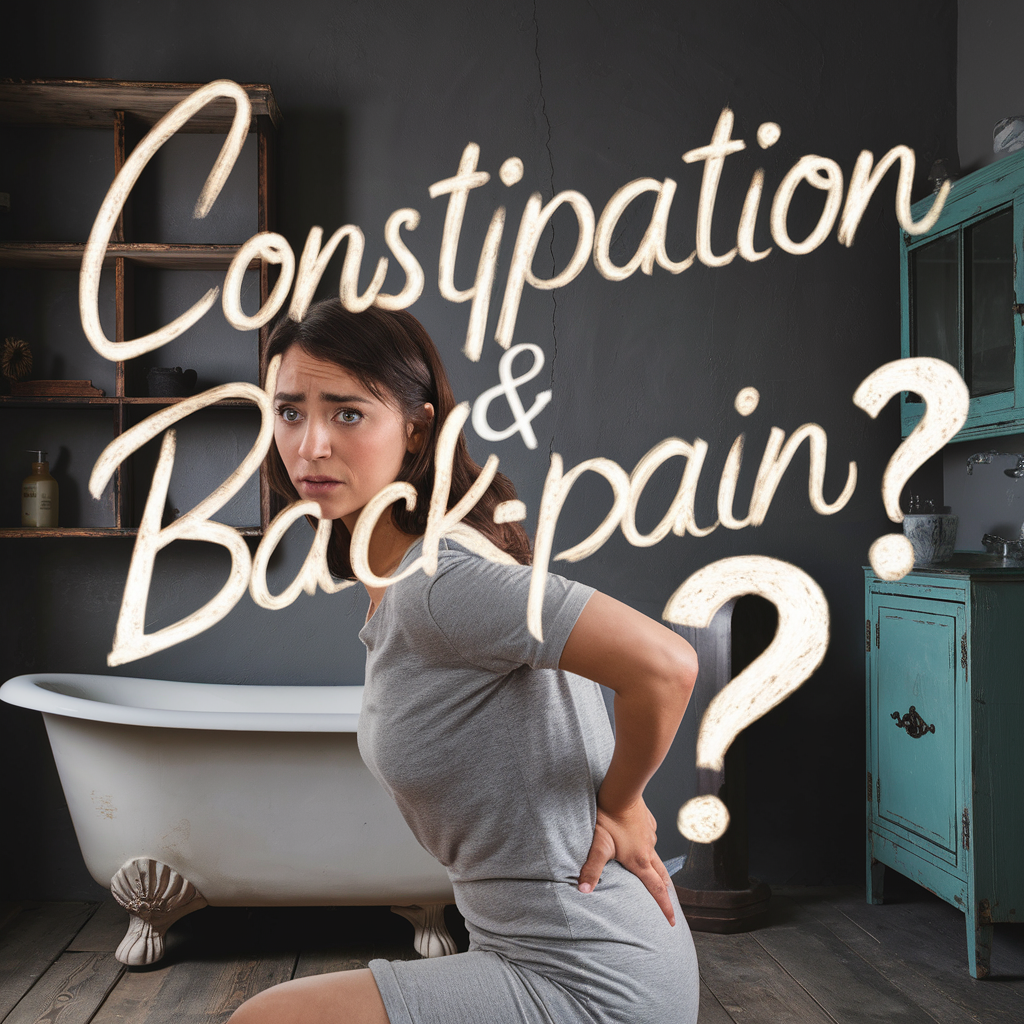
Understanding Constipation and Its Link to Back Pain
I’ve always been aware of how uncomfortable constipation can be, but it wasn’t until I experienced severe lower back pain that I realized just how much constipation can impact other parts of the body. When we think about constipation, we usually focus on the abdominal discomfort, bloating, and the struggle to pass a bowel movement. However, what many people might not realize is that constipation can also cause pain that radiates to the back, particularly the lower back.
This connection between constipation and back pain can be surprising, but it’s quite common. Understanding where constipation pain is felt in the back and why it happens is crucial for effectively managing both conditions. In this article, I’ll share insights on how constipation can lead to back pain, how to recognize the symptoms, and what you can do to relieve this discomfort. Whether you’ve experienced this yourself or are just curious about the connection, this guide will help you better understand the link between constipation and back pain, and offer practical solutions to ease both. Herbal Tea for constipation can be a big help if you like being more natural.
Something that is interesting is for many years I always thought I just had IBS-D like the doctors told me, however I have IBS-M which means you can have diarrhea and constipation at the same time! Yes very frustrating.
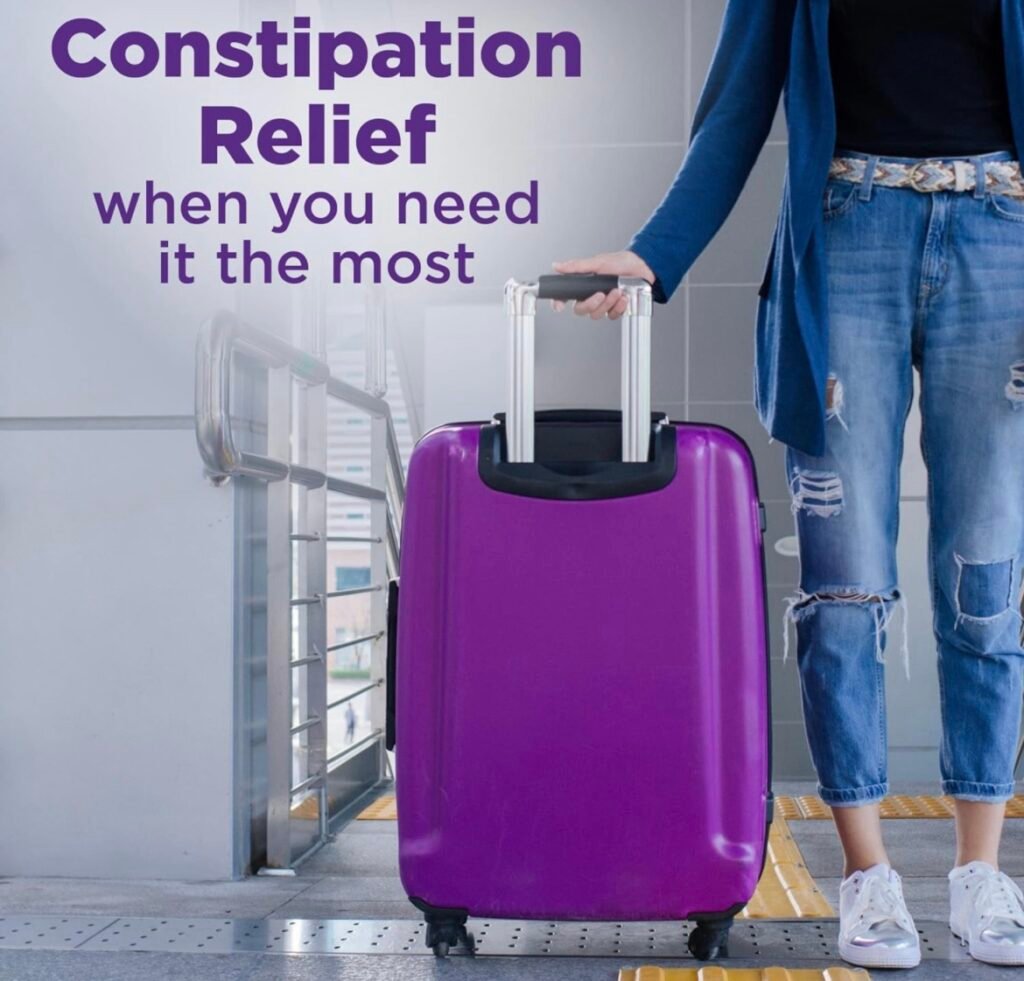
Where Is Constipation Pain Felt in the Back?
When I first noticed that my back pain seemed to coincide with bouts of constipation, I was puzzled. The pain was concentrated in my lower back, and at times, it was so intense that I couldn’t find a comfortable position to sit or lie down. After doing some research and talking to my doctor, I learned that constipation can indeed cause pain that radiates to the lower back. This type of pain is often the result of the pressure that builds up in the intestines when stool is hard and difficult to pass.
The pain is usually felt in the lower back because the colon, where the stool is stored before it’s passed, is located in the lower abdomen. When the colon is full and under pressure, it can cause discomfort that radiates to the surrounding muscles and nerves, leading to back pain. This pain can vary from a dull ache to a sharp, cramping sensation, depending on the severity of the constipation.
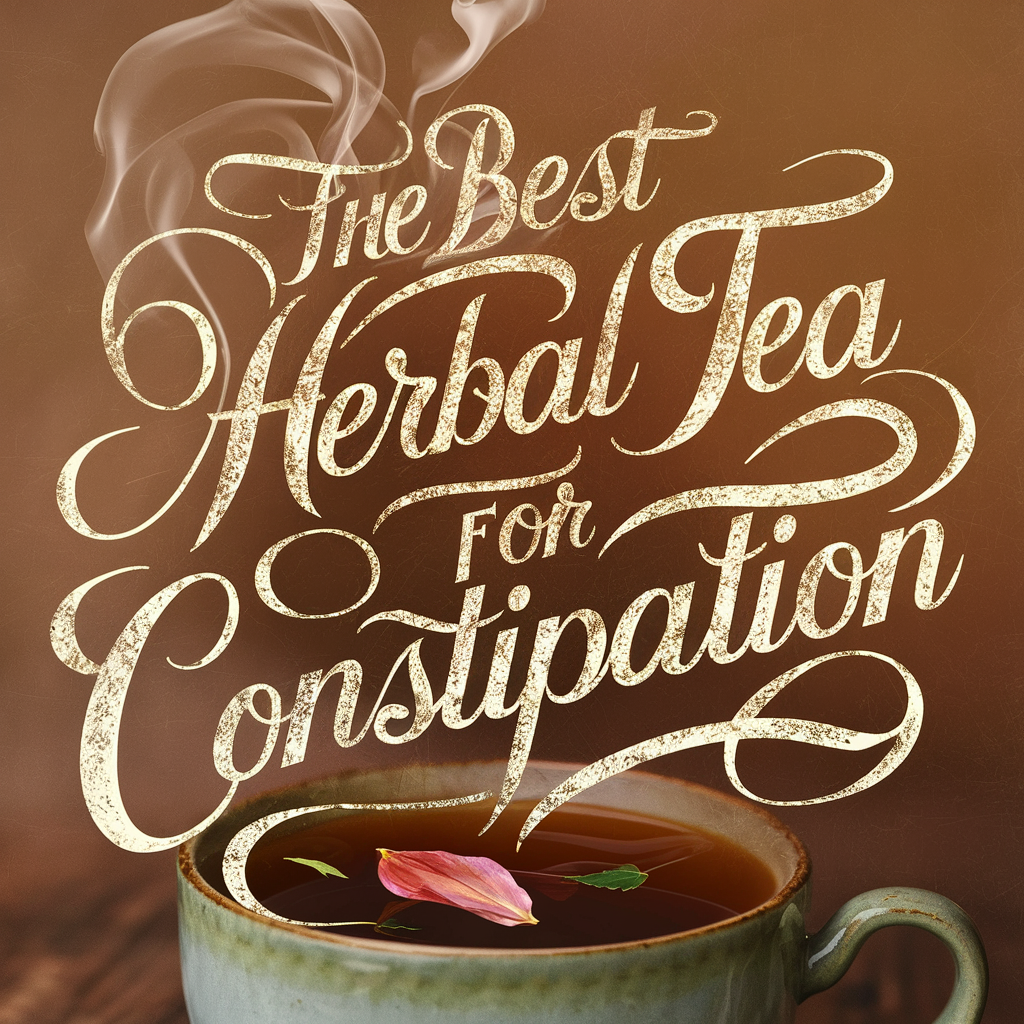
It’s important to recognize that this kind of pain can sometimes be mistaken for other types of back pain, such as muscle strain or sciatica. That’s why it’s essential to consider whether your back pain could be related to digestive issues, especially if you’re also experiencing other symptoms like bloating, gas, or difficulty passing stool. In some cases, the pain may even be accompanied by heartburn or acid reflux, as digestive issues often overlap. If you’re curious about the connection between digestive problems and back pain, you might also want to read more about how long heartburn symptoms last, which can provide additional insights into related discomforts.
By understanding where constipation pain is felt in the back and why it happens, you can take the first step toward finding relief. In the next section, I’ll dive deeper into how constipation causes lower back pain and what you can do about it.
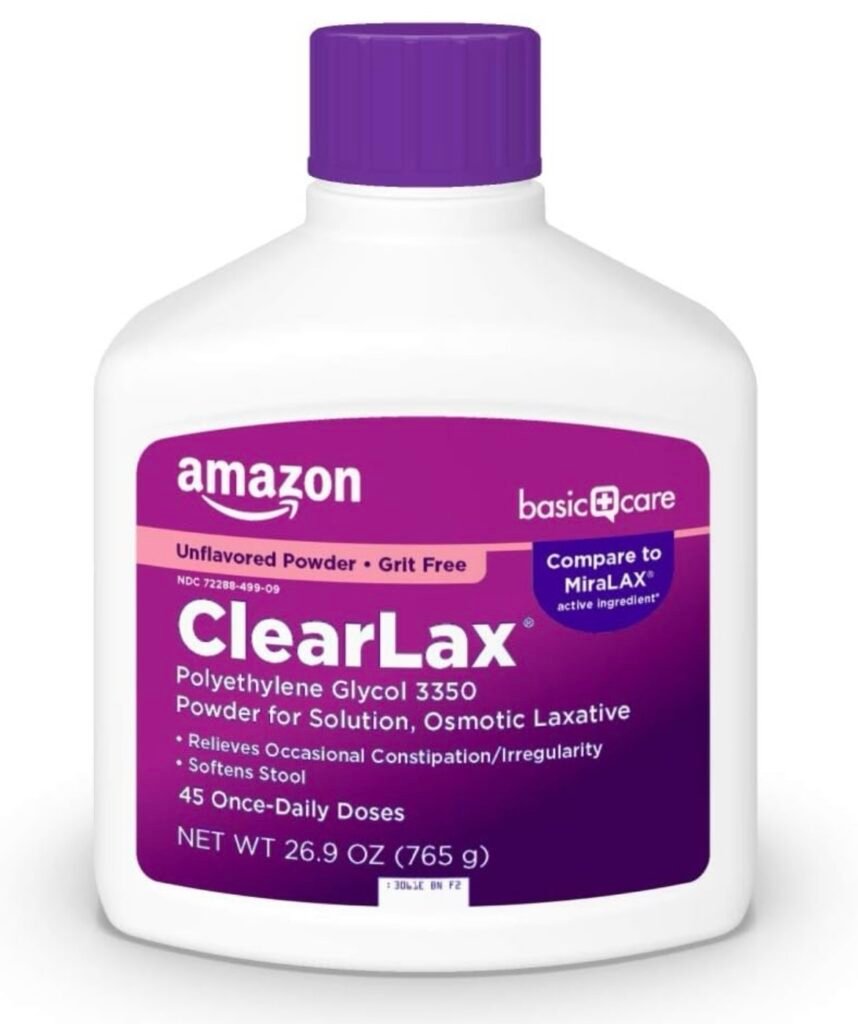
Does Constipation Cause Lower Back Pain?
I remember the first time I realized that my lower back pain wasn’t just from sitting too long or sleeping in an awkward position—it was directly related to my constipation. The connection between the two became clear when I noticed that my back pain would flare up whenever I was constipated and then ease off once my bowel movements returned to normal.
So, how exactly does constipation cause lower back pain? It all comes down to the pressure that builds up in your intestines. When stool becomes hard and difficult to pass, it can create a blockage in your colon. This blockage leads to a build-up of pressure that not only causes abdominal discomfort but also radiates to the lower back. The nerves and muscles in the lower back can become strained due to this internal pressure, leading to pain that can range from a mild ache to severe discomfort.
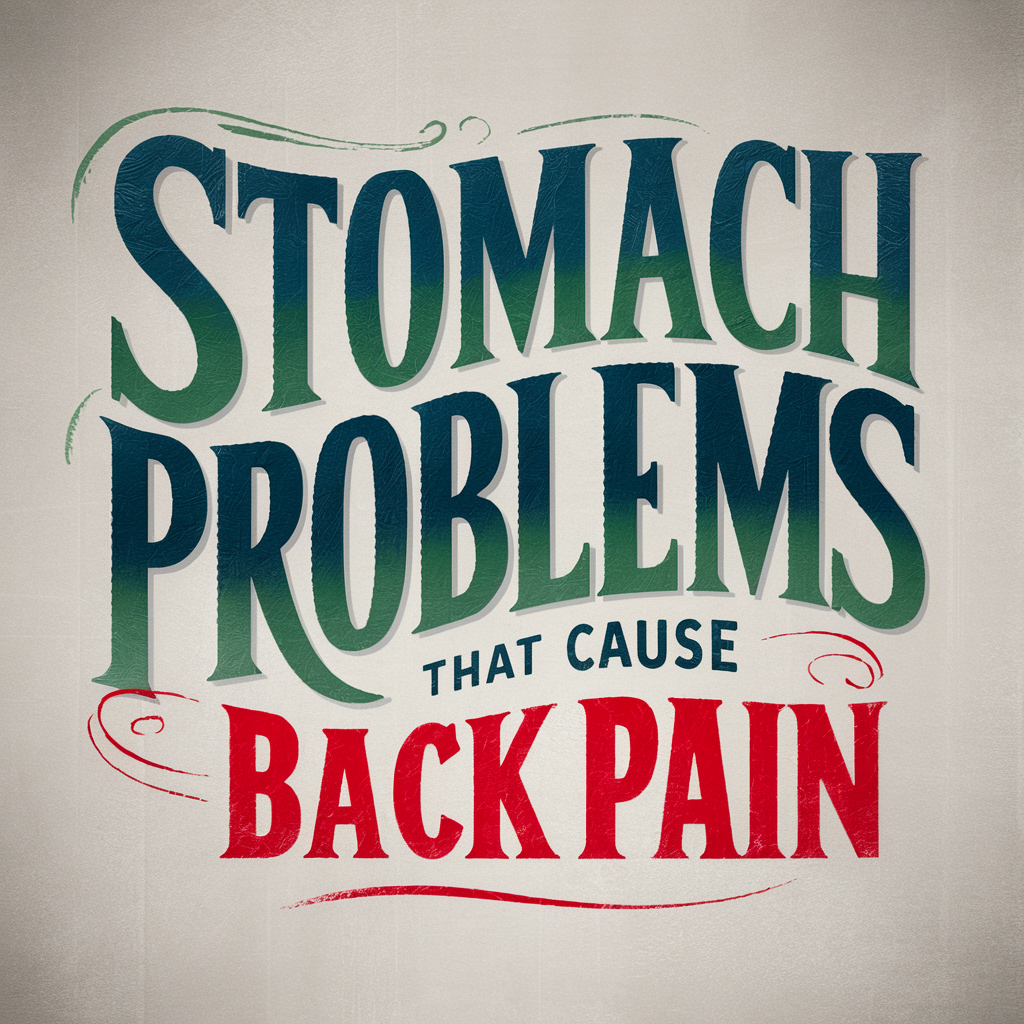
For me, the lower back pain caused by constipation was often accompanied by a feeling of fullness and bloating, making it even more uncomfortable. What I found particularly frustrating was that regular over-the-counter pain relievers didn’t seem to touch the pain because the root cause wasn’t muscular—it was digestive.
To address this, I needed a solution that targeted the constipation itself. One product that I’ve found particularly helpful is the Amazon Basic Care ClearLax Polyethylene Glycol 3350 Powder. This osmotic laxative works by drawing water into the colon, which helps soften the stool and makes it easier to pass. By relieving the constipation, the associated lower back pain often diminishes as well. It’s become a reliable part of my routine whenever I feel backed up and need a gentle, effective solution.
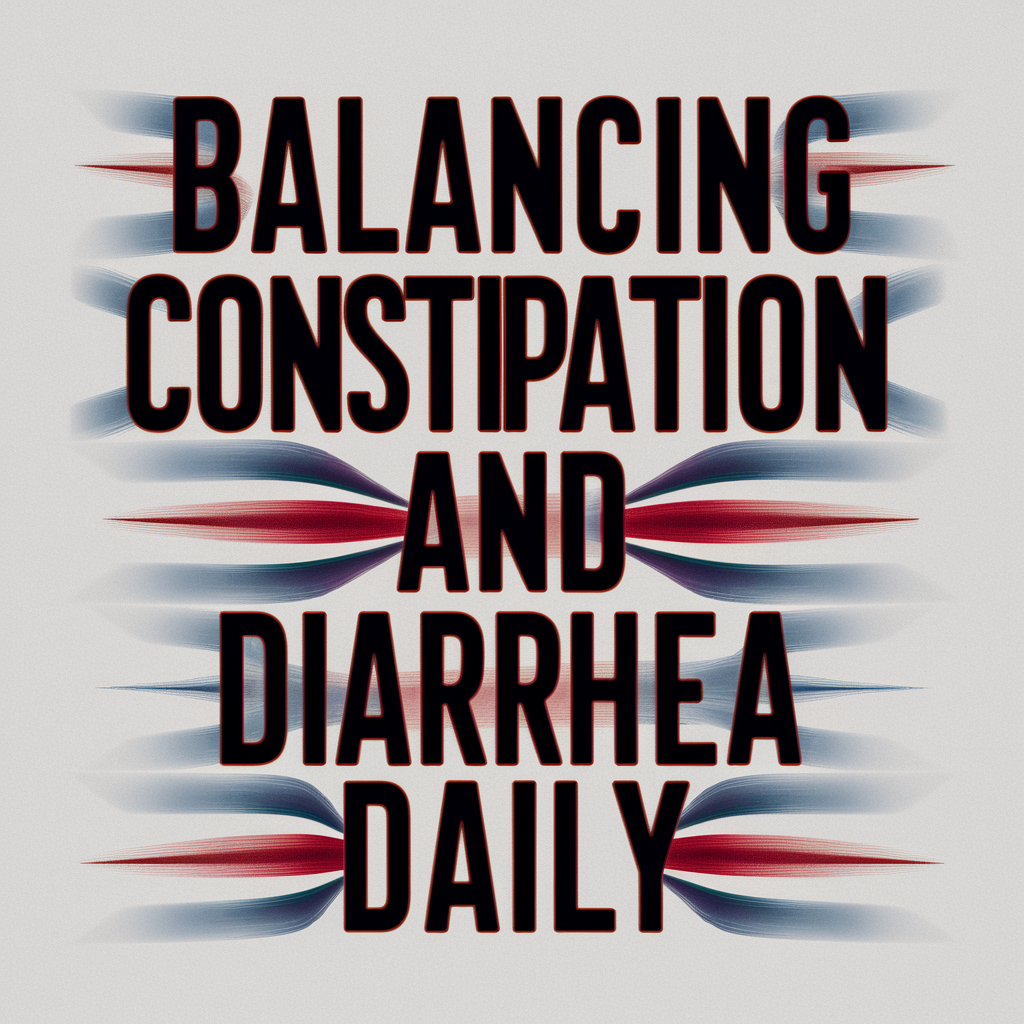
If you have constipation & diarrhea both, this is called IBS-M which is basically IBS-D and IBS-C at the same time! We have an article about IBS-M and how to manage it!
Understanding this connection between constipation and lower back pain has been a game-changer for me. It’s made me more aware of how important it is to keep my digestive system running smoothly, not just for my gut health but for my back as well. In the next section, I’ll explore how constipation can sometimes lead to even more severe back pain and what to do if that happens.
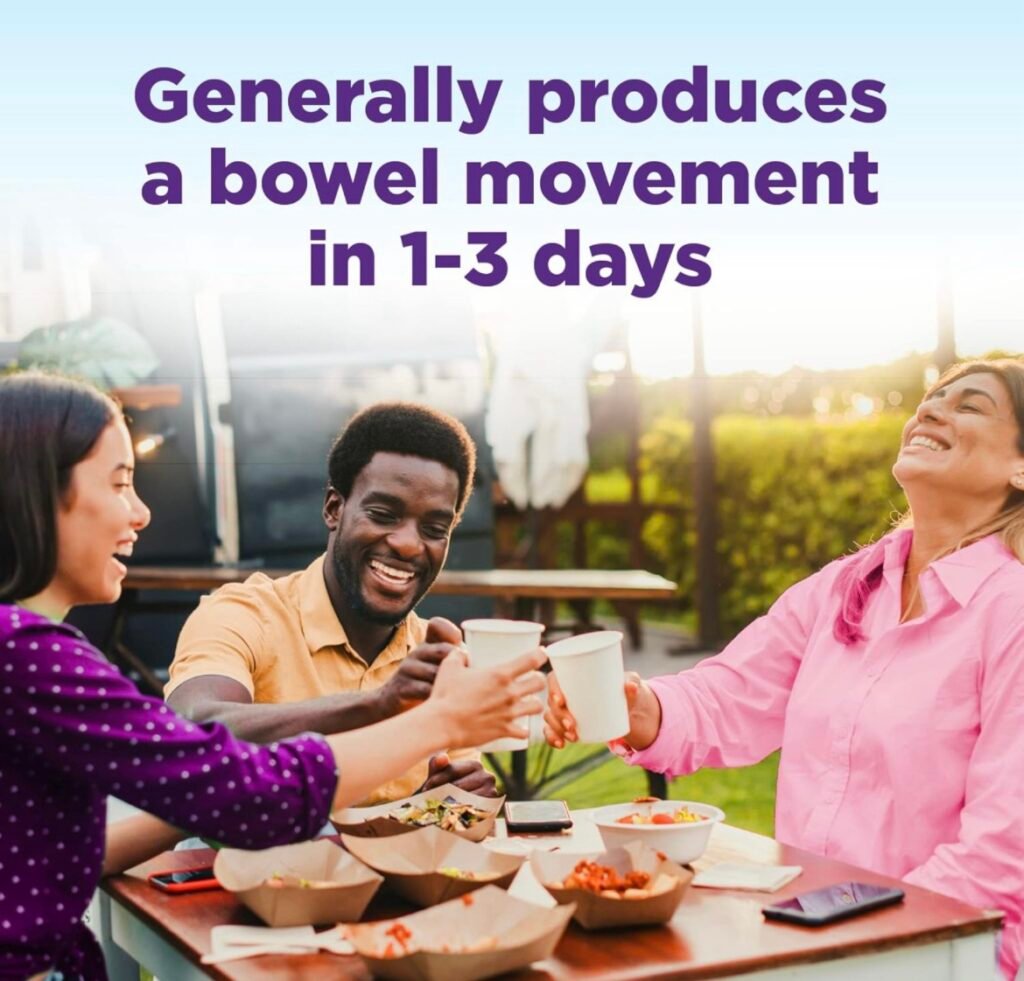
Can Constipation Cause Severe Back Pain?
I’ve dealt with mild back pain due to constipation more times than I can count, but there was one instance where the pain became so severe that it was hard to ignore. It wasn’t just a dull ache anymore; it was a sharp, almost debilitating pain that made it difficult to go about my day. This experience opened my eyes to how serious constipation-related back pain can become if left untreated.
Severe back pain from constipation often occurs when the condition becomes chronic or when the stool becomes so impacted that it creates significant pressure in the abdomen. This pressure can compress nerves and strain the muscles in the lower back, leading to intense pain. The longer constipation goes unresolved, the more severe this pain can become, sometimes even making it hard to walk or stand for extended periods.
In my case, the severe pain was a wake-up call that I needed to take action quickly. Chronic constipation can lead to more than just discomfort—it can cause complications like hemorrhoids or even bowel obstruction. Hemorrhoids, in particular, can develop due to the straining associated with passing hard stools. If you’ve ever dealt with hemorrhoids, you know how painful and disruptive they can be. If you’re looking for ways to manage this, you might find some helpful tips in Effective Natural Remedies for Hemorrhoids You Can Try at Home, which offers practical solutions to alleviate this common issue.
Beyond hemorrhoids, severe constipation can also lead to rectal damage or a prolapsed rectum, which can be serious and may require medical intervention. That’s why it’s so important to address constipation before it reaches this stage. Staying hydrated is one of the key ways to prevent severe constipation, as dehydration is a common cause. I’ve also found that using a bidet can help with maintaining good rectal health, as it ensures thorough cleaning and reduces the risk of irritation. If you’re curious about the benefits, I recommend reading Why People Choose to Use a Bidet for more information on how it can contribute to overall digestive and rectal health.
Dealing with severe back pain caused by constipation taught me the importance of not ignoring the signs. When you notice that your back pain is worsening, it’s crucial to address the underlying constipation as soon as possible. Whether it’s through diet, hydration, or a product like the Amazon Basic Care ClearLax, taking action early can prevent the pain from becoming unbearable and reduce the risk of more serious complications.
In the next section, I’ll discuss the broader relationship between lower back pain and bowel issues, and how keeping your digestive health in check can help prevent this type of discomfort.

Lower Back Pain and Bowel Issues
As I’ve learned through my own experiences, the digestive system and the lower back are more interconnected than most of us realize. When bowel issues like constipation arise, it’s not uncommon for them to trigger lower back pain as well. This connection makes it clear that maintaining digestive health is key to preventing discomfort in the back.
The lower back is home to many nerves and muscles that can easily be affected by what’s happening in the digestive tract. When you’re constipated, the buildup of stool in the intestines creates pressure that can push against these nerves, leading to pain that radiates through the lower back. This is why I’ve found that whenever I’m dealing with constipation, my lower back tends to suffer as well.
In addition to constipation, other bowel issues like irritable bowel syndrome (IBS) or inflammatory bowel disease (IBD) can also cause lower back pain. These conditions often involve chronic inflammation or irregular bowel movements, which can further irritate the nerves in the lower back. For me, understanding this link has made me more vigilant about keeping my digestive system healthy—not just for the sake of my gut, but for my back as well.

One of the best ways I’ve found to maintain good digestive health is by focusing on overall stomach wellness. This includes eating a balanced diet, staying hydrated, and avoiding foods that trigger digestive issues. For those looking to improve their digestive health, I recommend exploring Unlock the Secrets to Stomach Health. This resource provides valuable insights into how to keep your digestive system functioning smoothly, which in turn can help prevent the kind of lower back pain that often accompanies bowel problems.
By taking care of your digestive health, you’re not only improving your overall well-being but also reducing the likelihood of experiencing lower back pain related to bowel issues. In the next section, I’ll talk about when it’s time to seek professional help, especially if your back pain persists or worsens despite your best efforts at home.

When to Seek Professional Help
While many cases of constipation-related back pain can be managed at home with lifestyle changes and over-the-counter remedies, there are times when it’s essential to seek professional help. I’ve learned that paying attention to your body and knowing when to consult a healthcare provider can prevent minor issues from becoming major problems.
Recognizing Serious Symptoms
If you’ve been dealing with constipation and back pain for an extended period, or if the pain suddenly becomes severe, it’s important to consider whether something more serious could be going on. Symptoms like persistent, sharp lower back pain, blood in your stool, unexplained weight loss, or severe abdominal pain shouldn’t be ignored. These could be signs of a more serious condition, such as a bowel obstruction, kidney stones, or even a spinal issue that’s being aggravated by constipation.
I recall a time when my back pain and constipation persisted despite trying all my usual remedies. The pain became so intense that I could barely move, and that’s when I knew it was time to see my doctor. After some tests, I learned that my constipation had led to impacted stool, which was putting pressure on my nerves and causing the severe back pain. With professional help, I was able to get the treatment I needed, which included a more comprehensive plan for managing my constipation and back pain in the future.
Combining Home Care with Professional Guidance
Even if your symptoms aren’t severe, it’s still a good idea to consult with a healthcare provider if you find that your back pain and constipation are becoming a regular issue. A doctor can help identify any underlying conditions that might be contributing to your symptoms and recommend more effective treatments.
For instance, your doctor might suggest dietary changes, prescribe medications, or even recommend physical therapy if your back pain is related to both digestive issues and muscle strain. Additionally, they might offer advice on safe and effective use of over-the-counter laxatives, like Amazon Basic Care ClearLax, to ensure that you’re using them correctly and without long-term side effects.
Taking these steps not only helps alleviate current discomfort but also sets you up for better long-term health. Remember, it’s always better to be proactive about your health, especially when it comes to something as important as your digestive system and back.

Managing Constipation-Related Back Pain
Understanding the link between constipation and back pain has been crucial for managing my symptoms effectively. By recognizing where constipation pain is felt in the back and knowing how to address it early, you can prevent the discomfort from escalating and impacting your daily life. Don’t hesitate to try home remedies like staying hydrated, making dietary changes, or using a product like Amazon Basic Care ClearLax Polyethylene Glycol 3350 Powder to relieve occasional constipation. However, if your pain persists or worsens, seeking professional advice is essential to ensure there isn’t a more serious underlying issue.
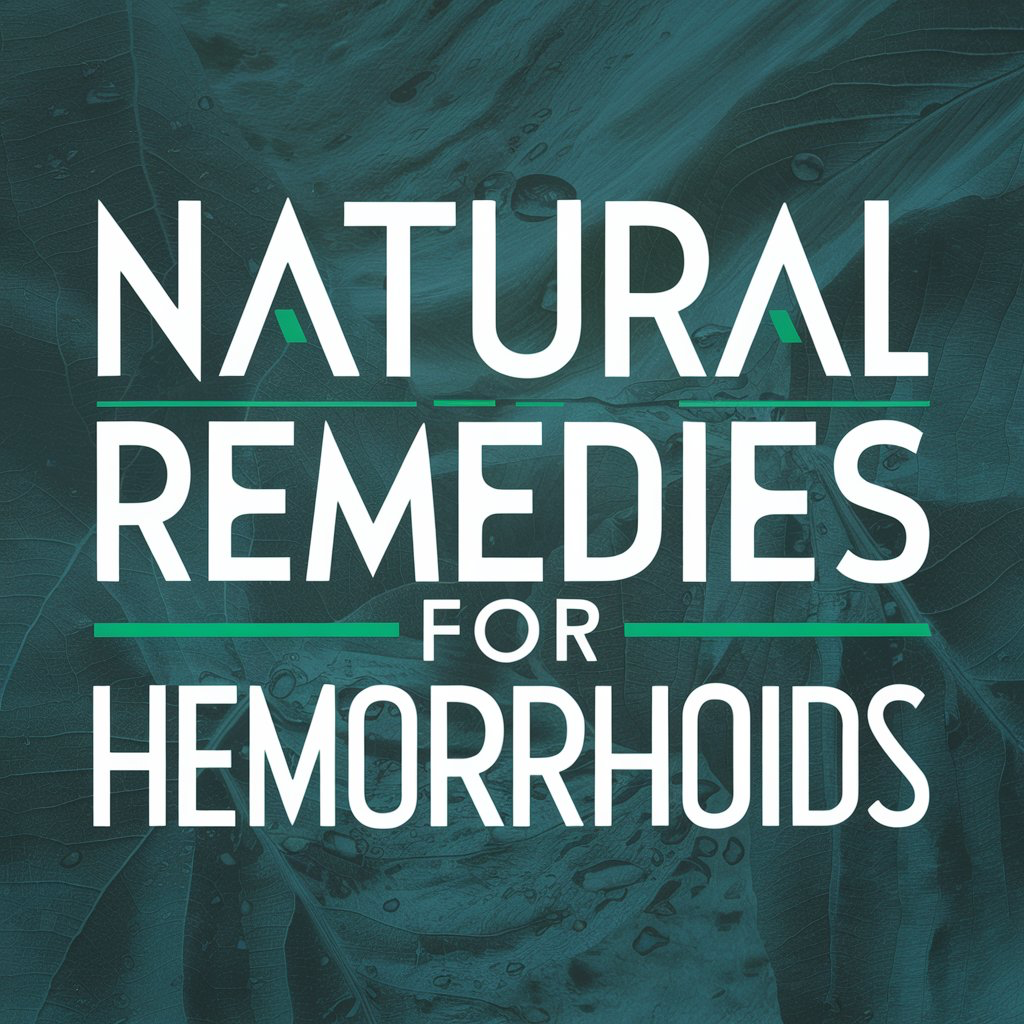
As an Amazon Associate we earn from qualifying purchases through some links in our articles.



